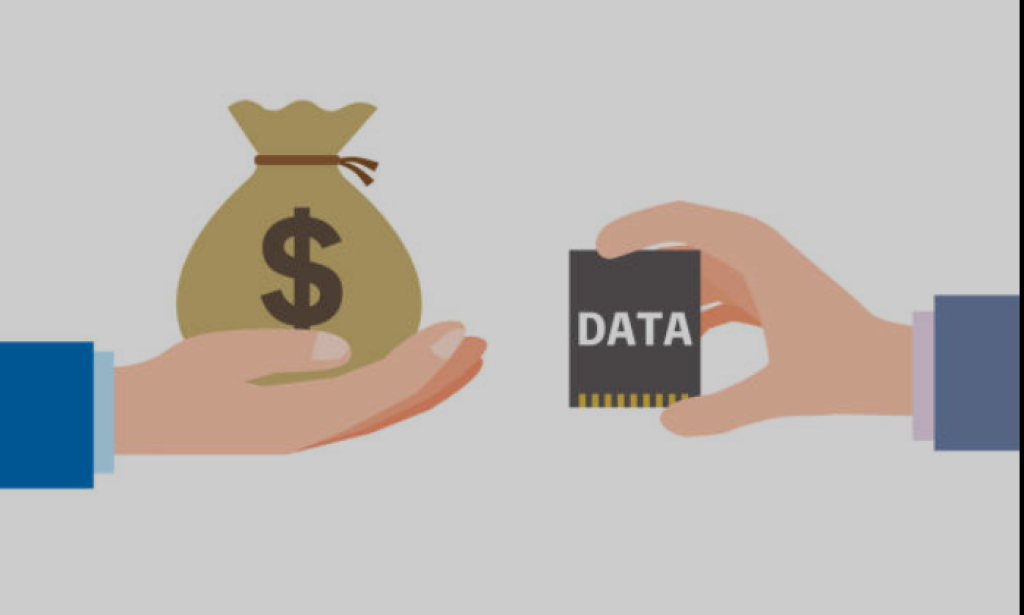Data Selling in Nigeria: A Growing Market with Challenges
Nigeria's digital landscape is rapidly evolving, creating a burgeoning market for data selling. From mobile money transactions to online shopping habits, vast amounts of data are being generated daily. This data, when properly collected, analyzed, and leveraged, can be a valuable asset for businesses and organizations. However, the data selling landscape in Nigeria is not without its complexities.
**The Rise of Data as a Commodity:**
Nigeria's burgeoning mobile phone penetration, coupled with the increasing adoption of internet services, has fueled a substantial increase in data generation. This data encompasses a wide range of information, including demographics, purchasing patterns, browsing history, and social media activity. Companies, both local and international, are increasingly recognizing the potential of this data to tailor products and services, personalize marketing campaigns, and improve operational efficiency. This creates a demand for data brokers and aggregators to collect, process, and sell this valuable information.
**Key Players and Activities:**
Several players are actively involved in the data selling ecosystem in Nigeria. These include:
* **Telecommunication companies:** Operators possess significant data on their subscribers, including call logs, SMS activity, and mobile internet usage. They often partner with third-party companies to monetize this data.
* **Market research firms:** These organizations conduct surveys and collect data on consumer preferences and market trends. This data is crucial for businesses seeking to understand their target audience.
* **Online platforms:** E-commerce sites, social media platforms, and financial technology companies collect data on user interactions, transactions, and preferences. This data is often used for targeted advertising and personalized recommendations.
* **Data brokers:** These specialized companies collect, clean, and package data from various sources. They then sell this data to businesses in need of insights.
**Challenges and Opportunities:**
Despite the growth potential, the data selling market in Nigeria faces several challenges:
* **Data privacy concerns:** The lack of robust data privacy regulations poses a significant hurdle. Concerns surrounding the security and ethical use of personal data are prevalent, and the absence of clear guidelines can deter trust in data-driven solutions.
* **Data security breaches:** The increasing reliance on digital platforms makes data vulnerable to cyberattacks and breaches. The potential for misuse of sensitive information necessitates robust security measures to protect user privacy.
* **Lack of skilled professionals:** A shortage of skilled data scientists, analysts, and engineers hampers the effective utilization and monetization of data. Training and development initiatives are crucial for building a skilled workforce.
* **Regulatory hurdles:** The absence of clear regulatory frameworks for data protection and usage creates uncertainty for both data sellers and buyers. A robust regulatory environment is essential to ensure ethical and responsible data practices.
* **Limited access to technology and infrastructure:** Digital literacy and reliable internet access are not evenly distributed across the country. This disparity can limit the full potential of data selling and digital inclusion.
**The Future of Data Selling in Nigeria:**
The future of data selling in Nigeria looks promising, but it hinges on addressing the existing challenges. Improved data privacy regulations, robust security measures, and investment in data literacy are crucial for building trust and fostering sustainable growth. Furthermore, partnerships between data providers and businesses will play a vital role in translating data insights into tangible business outcomes.
**Conclusion:**
Data selling is a burgeoning market in Nigeria, offering significant opportunities for economic growth and innovation. However, responsible data practices, ethical considerations, and robust regulations are essential to ensure that this growth is sustainable and benefits all stakeholders. Addressing the challenges surrounding data privacy, security, and accessibility will be key to unlocking the full potential of data selling in Nigeria.


You must be logged in to post a comment.